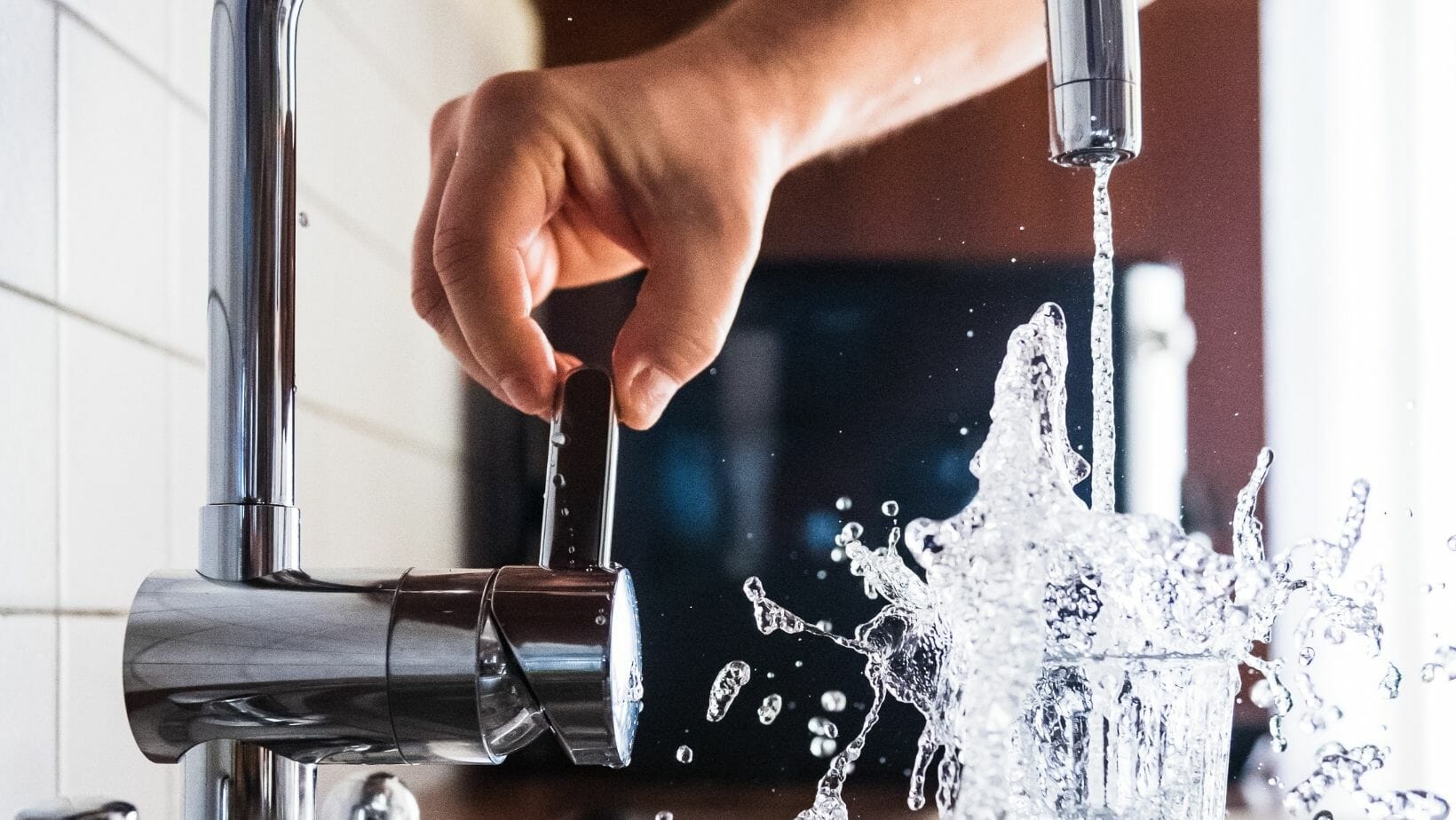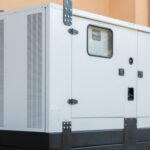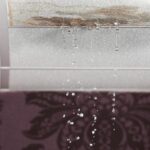
Not only does hard water taste bad, but it can also be problematic and expensive for your plumbing — in most cases, plumbing repairs cost around at least $400. Many regions in the U.S. have issues with hard water (which contains high amounts of natural minerals like calcium and magnesium), although some cities are more prone to it than others. If you have hard water, it’s important to understand how it affects your plumbing and take steps to rectify the situation.
Hard Water: What Problems Does it Cause for Plumbing?
If the minerals in hard water are left to build up inside your pipes and fixtures, they can cause a host of plumbing issues over time. When the minerals mix with soap, for example, scum forms, which can clog pipes and slow or stop the water flow. In turn, clogged plumbing can also lead to further problems like pinhole leaks and joinery gaps inside your pipes. If left unchecked, clogged plumbing can also put too much internal pressure on the pipes, which causes leakages in your walls, mold, and potentially indoor flooding. If that happens, you will have to call a professional plumber to get that fixed, which can cause you inconvenience and might be expensive.
Additionally, hard water can also make plumbing and appliances (including showerheads and dishwashers) less efficient and prone to breakages. Water heaters, in particular, are forced to heat the mineral scale buildup inside the tank, along with the water, which wears them out faster. In fact, hard water has been found to cause a 75% decline in showerhead flow rate after nine months. In comparison, soft water helps appliances stay in good working condition.
Does Your Home Have Hard Water?
Hard water usually causes white scale buildup on plumbing fixtures, which is a key sign you have it in your home. To confirm this, try adding a few drops of dish soap to water in a jar. If the mixture doesn’t generate lots of suds, it’s likely you have hard water. Alternatively, you can purchase a water hardness test strip from a home improvement store for around $5-$10.
Simply place the strip under running water and match the result to a color gauge. Or, you can even go a step further by asking your water provider for a water testing report or get in touch with a local lab to have a sample of your water professionally tested.
Getting Rid of Hard Water for Good
Water softener installation cost varies from state to state, ranging anywhere from $500-$6000; however, it’s a worthwhile investment. A water softener filters and softens water throughout your home via the process of ionization to remove unwanted minerals. In turn, you’ll minimize the risk of plumbing problems and extend the longevity of your appliances and plumbing system. Soft water is also beneficial for your skin and hair, while hard water can leave you feeling dry and itchy.
Hard water can damage your plumbing and appliances over time. Fortunately, by investing in a water softener, you can eliminate the problem of hard water and improve your water quality for years to come.














